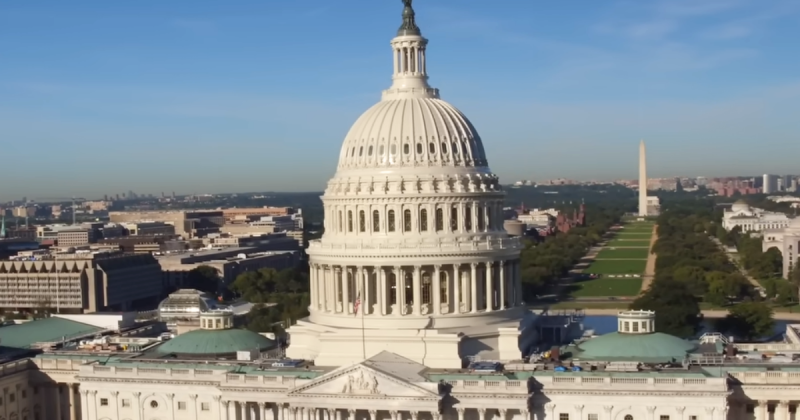A recent analysis by government watchdog Open the Books reveals that federal taxpayer dollars have supported programs serving illegal immigrants, challenging repeated claims by Democratic officials that unauthorized populations do not receive federal benefits.
According to the report, nearly $197 million in federal healthcare-related grants have gone to initiatives assisting undocumented or unauthorized individuals since fiscal year 2021.
The grants encompass both direct healthcare services and academic research focused on improving access and outcomes for immigrant populations.
According to Just the News, Open the Books researchers combed federal grant databases for descriptions explicitly referencing terms like “unauthorized” or “undocumented,” noting that the true amount of federal support may be even higher.
Approximately $18 million of the funding has been directed to scientific and public health research.
The National Institutes of Health (NIH) awarded millions to universities, including Stanford, UCLA, UC Irvine, and the University of Miami, to study healthcare access, behavioral outcomes, and public health challenges among immigrant communities.
Stanford University received $4.3 million to examine how California’s universal basic income pilot, which includes undocumented participants, impacts cancer risk among low-income residents.
UCLA was awarded $2.4 million to study reproductive healthcare access for Asian immigrant women, including those without legal status.
The University of Miami received $1 million for culturally tailored interventions aimed at reducing drunk driving in immigrant populations.
According to NIH, these projects aim to promote “health equity” and reduce systemic barriers to care, citing the World Health Organization’s definition: “Health equity means that everyone should have a fair opportunity to attain their full health potential, and no one should be disadvantaged from achieving this potential.”
Critics argue that such programs may divert resources away from U.S. citizens.
The bulk of federal funding—roughly $185 million—has supported public health services administered through the Department of Health and Human Services (HHS), mainly via the Health Resources and Services Administration (HRSA) and the Ryan White HIV/AIDS Program.
Grants provided low-income patients with medical care, counseling and medications, with some programs reporting that 5 to 7 percent of patients were illegal immigrants.
HRSA also funded substance-use disorder and mental health programs reaching illegal immigrant communities.
Another $2.5 million came from the Corporation for National and Community Service (AmeriCorps) to support outreach programs in Colorado, such as OmniSalud, which offers state-subsidized healthcare coverage to illegal immigrants.
California received the largest share, about $65.5 million, followed by Florida at $26 million and Washington, D.C., at $22 million.
Much of California’s funding supported HIV treatment and behavioral health initiatives in high-immigrant areas, including Los Angeles County.
Open the Books notes that the $197 million total does not include indirect Medicaid spending, previously estimated at $27 billion from FY 2017–2023, or education funding benefiting undocumented children, estimated at $70 billion annually.
Since February, roughly $13 million in new awards have been issued under President Trump’s second term, during which border encounters have declined significantly.
U.S. Customs and Border Protection reported 26,197 encounters nationwide, a 93 percent drop from Biden-era peaks of 370,883.
Previously, the Trump administration also identified cases in which illegal immigrants received Medicaid benefits, prompting investigations and policy reviews.
These findings have fueled debate over how federal programs serve unauthorized populations, countering Democratic claims that such funding does not reach these communities.

